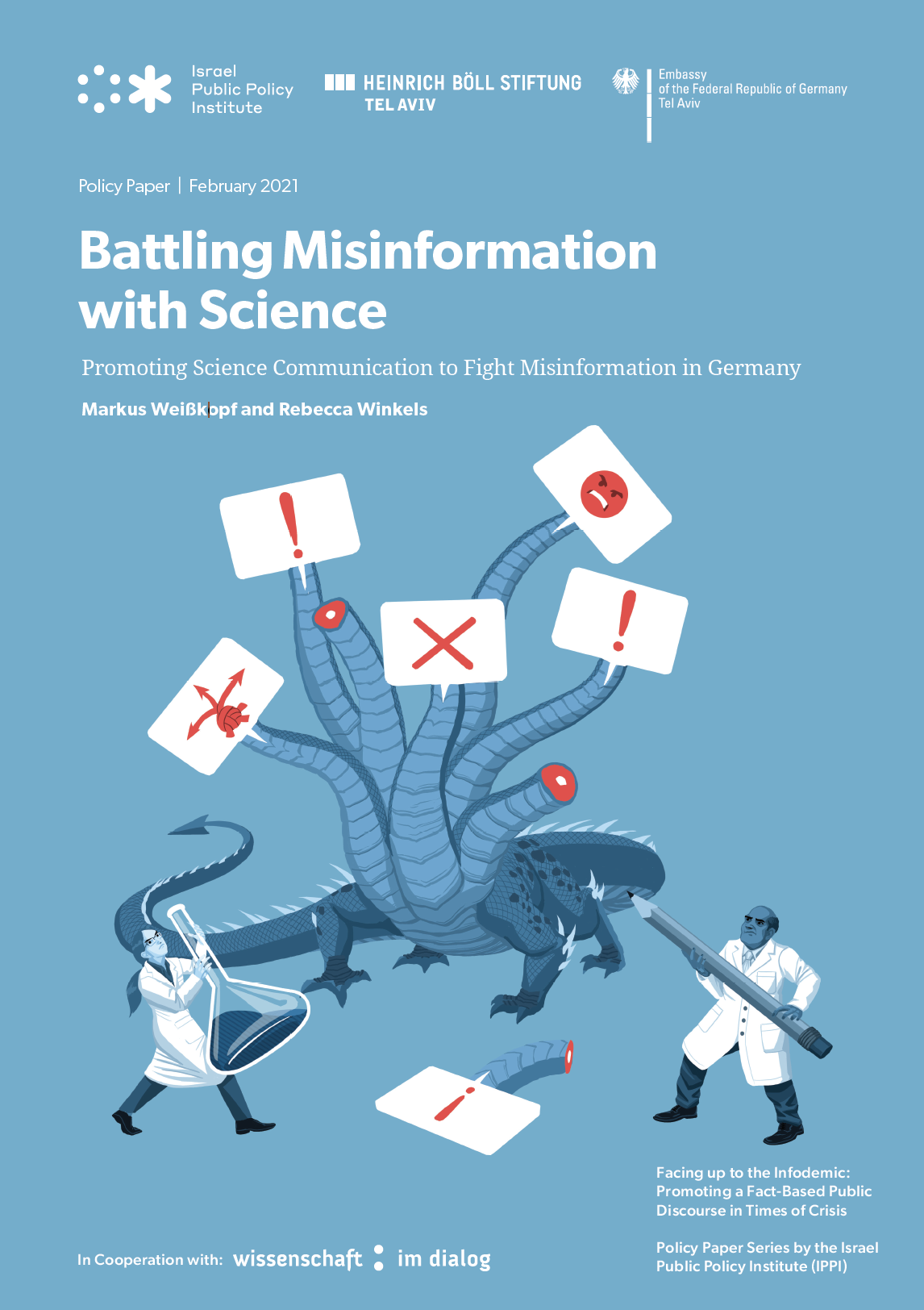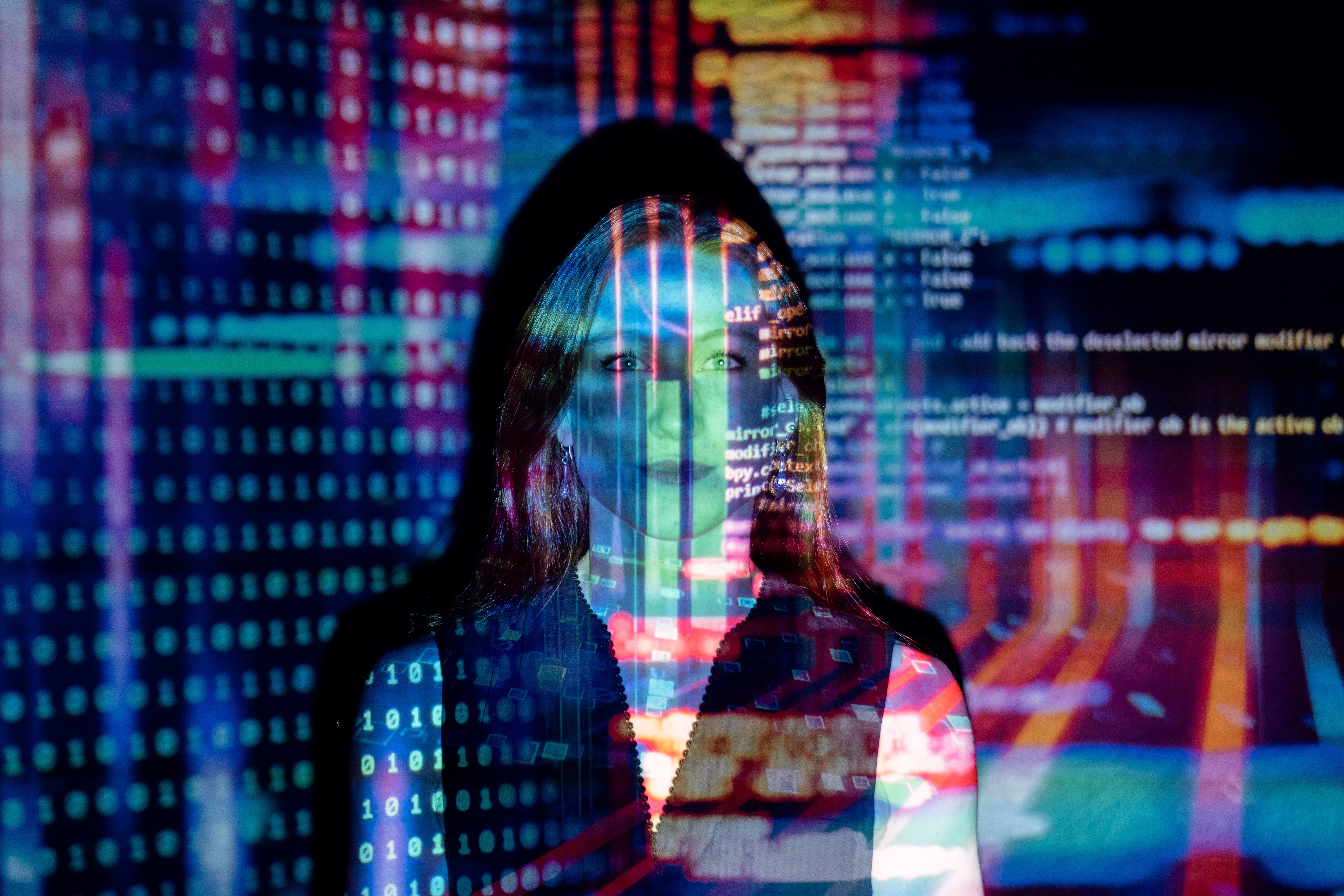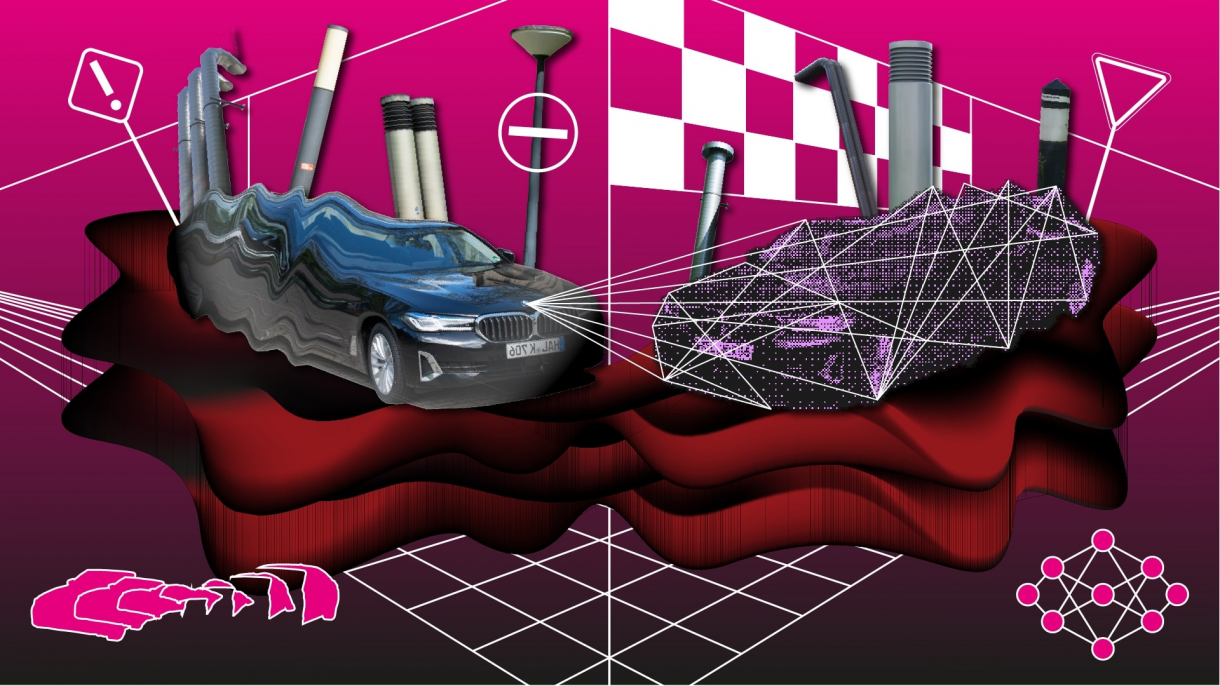
Share this Post
Authors: Markus Weisskopf and Rebecca Winkels
Lessons from Promoting Science Communication to Fight Misinformation in Germany
The COVID-19 pandemic has created political, social, and economic obstacles around the world. This has challenged the democratic fabric of societies around the world. In November 2020, eight months after the pandemic began in Germany and when this policy paper was written, each day new information on the status of infections, measures for countering the virus, and stories of people’s personal and professional struggles was disseminated.
This policy paper presents a framework of the German government’s response to the COVID-19 pandemic, emphasizing science communication and government measures, and the spread of conspiracy theories and disinformation. Conspiracy theories and disinformation have been described by experts as an infodemic that spreads nearly as fast as the pandemic itself, challenging society and how the public receives scientific knowledge.
In addition, this policy paper outlines how and why conspiracy theories circulate during a pandemic and which audiences are more susceptible to believing said theories. By doing so, this paper intends to provide a multi-level approach on how science communicators and other stakeholders can deal with this dilemma and work towards improving dialogue between different sectors of society.
The authors recommend the following course of action to improve science communication:
- Create a multilevel approach to reach the group defined as “the undecided” through various channels. It is important to note, however, that other audiences cannot be ignored and they must also be reached out to so that they can influence those who are susceptible to disinformation.
- Create an informed trust in science by prioritizing communicating values, processes, and scientific methods via various channels.
- Due to the fact that social media channels that we utilize today should not dwarf real-life and virtual interaction between scientists and the public, spaces for interactions between scientists and civil society must be created.
- It is crucial to foster dialogue within society about how and if communication channels should be regulated and how to create a more positive, substantial, and open dialogue within said channels.
————————————————————————————————————————————————–
The Israel Public Policy Institute (IPPI) serves as a platform for exchange of ideas, knowledge and research among policy experts, researchers, and scholars. The opinions expressed in the publications on the IPPI website are solely that of the authors and do not necessarily reflect the views of IPPI.
Download Full Publication
Battling Misinformation with Science: Promoting Science Communication to Fight Misinformation

Share this Post

Unfolding Energy Poverty in the European Context
According to the European Commission (EC), before the pandemic outbreak, at least 34 million Europeans could not heat their homes…

What is Open Government Data?
What is open government data? Open Government Data (OGD) is not just about openness and transparency, nor is…

Who’s to blame when artificial intelligence systems cause damage?
Introduction: How Can AI systems Cause Damage? Artificial Intelligence (“AI”) systems are used in various contexts of our…
